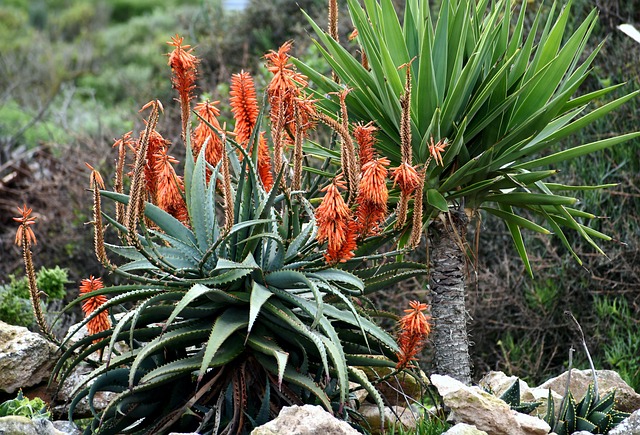As we navigate the increasingly volatile landscape of climate change, one pressing issue stands out: the need for sustainable agricultural practices. The challenge manifests itself in various forms, but perhaps one of the most alarming is the threat of drought. With global temperatures rising and rainfall patterns shifting, many regions are experiencing longer and more severe dry spells, compromising our food security and putting immense pressure on our natural resources.
Amidst these environmental challenges, drought-resistant crops emerge as a beacon of hope. These specially bred plants are designed to thrive in arid conditions, allowing farmers to cultivate food with less water. This innovation not only supports agricultural productivity but also plays a crucial role in mitigating the impacts of climate change.
The benefits of adopting drought-resistant crops extend beyond just farming. By reducing dependence on irrigation, we can significantly decrease the amount of water extracted from rivers and aquifers, preserving these vital ecosystems. Additionally, healthier crops can lead to fewer emissions from agriculture, as resilient plants often require less fertilizer and pesticide. This creates a win-win scenario for both the environment and our emissions footprint.
As consumers, we also have a role to play. By choosing products made from drought-resistant crops, we support farmers who are adopting sustainable practices. Our purchasing decisions can help drive the market towards more environmentally friendly options, making a direct impact on the planet’s health.
In regions already grappling with the harsh realities of drought, these resilient crops offer a lifeline. Farmers can maintain their livelihoods while reducing the stress on water resources, proving that innovation and sustainability can go hand in hand. Furthermore, as awareness of climate change grows, the importance of incorporating drought-resistant crops into our agricultural systems will become even more pronounced.
Ultimately, transitioning to drought-resistant crops signifies an important shift towards a resilient agricultural future. By embracing this sustainable solution, we can combat climate change head-on, ensuring a healthier planet for generations to come. Every step taken towards integrating these crops into our food systems is a step towards a more sustainable environment, reinforcing the idea that with innovation and commitment, we can forge a path towards resilience in the face of climate adversity.



